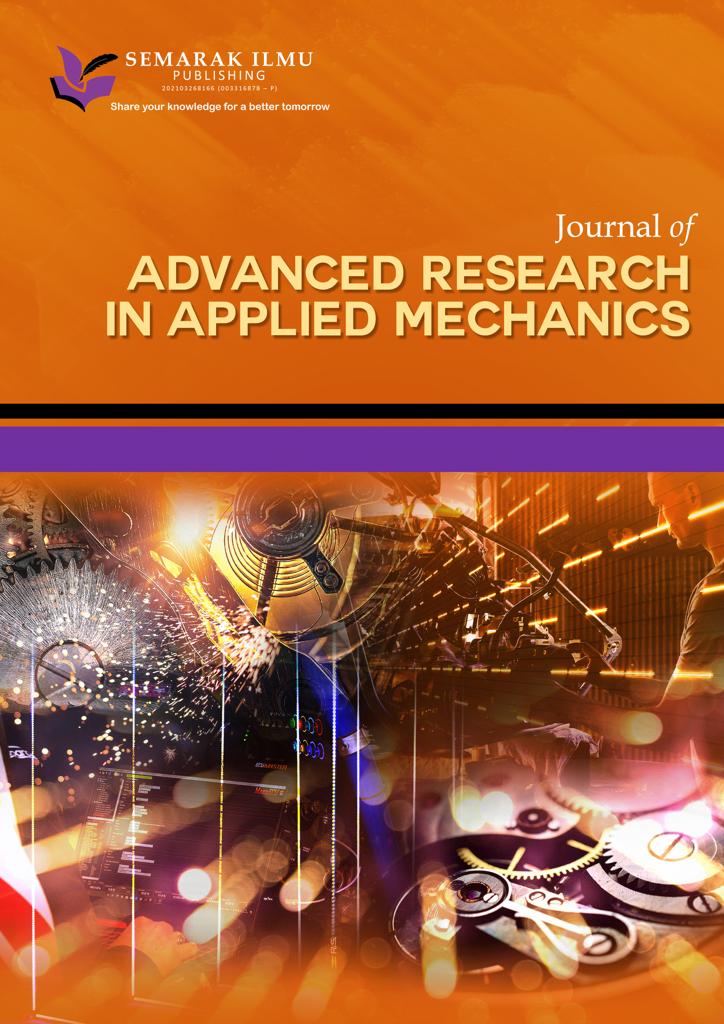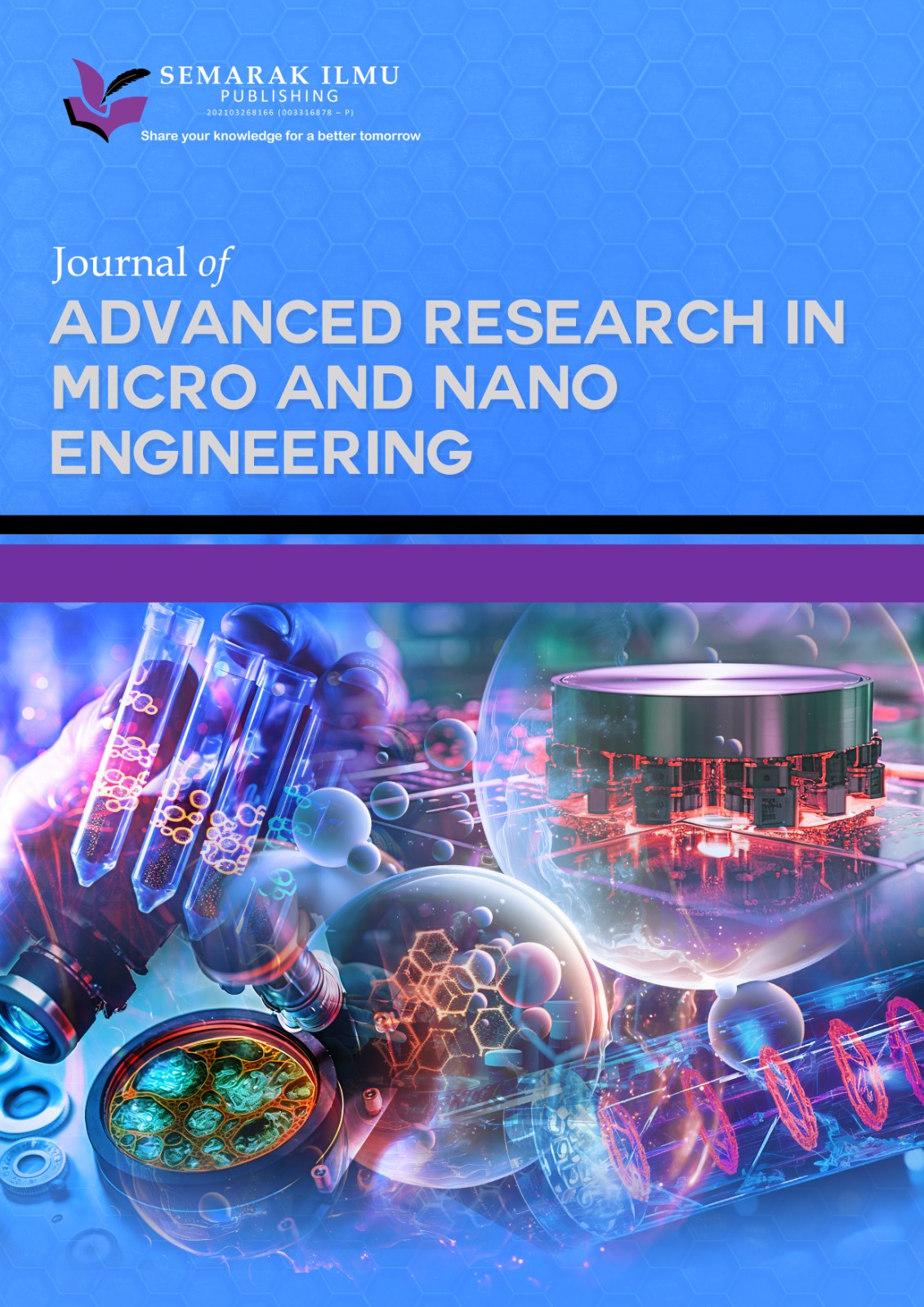E-Learning Application and Teacher Autonomy: A Comprehensive Review
DOI:
https://doi.org/10.37934/araset.57.2.116133Keywords:
E-Learning, Teacher, Autonomy, SchoolAbstract
The integration of technology in education has transformed the traditional teaching and learning landscape, giving rise to various innovative approaches. One such approach is e-learning, which refers to the use of electronic devices and internet platforms to deliver educational content. With the increasing availability and accessibility of digital resources, e-learning has gained significant attention in recent years. However, challenges related to teacher readiness and technological limitations must be addressed to harness the benefits of e-learning for teacher autonomy fully. This paper applied the PRISMA approach in finding the primary data based on keywords such as "e-learning, teacher, autonomy, school". Based on advanced searching on SCOPUS and Web of Science, we found (n=33). Expert scholars decided to develop three themes, which are [1] The Role of E-Learning in Empowering Teachers, [2] Challenges and Barriers in Implementing E-Learning for Teacher Autonomy, [3] Promoting Teacher Autonomy through Effective E-Learning Design. Future research should focus on exploring effective strategies for integrating e-learning applications into different educational contexts, addressing the specific needs and challenges faced by teachers. Additionally, investigating the impact of e-learning on teacher autonomy and professional development can provide valuable insights for educational policymakers and practitioners.
Downloads






















